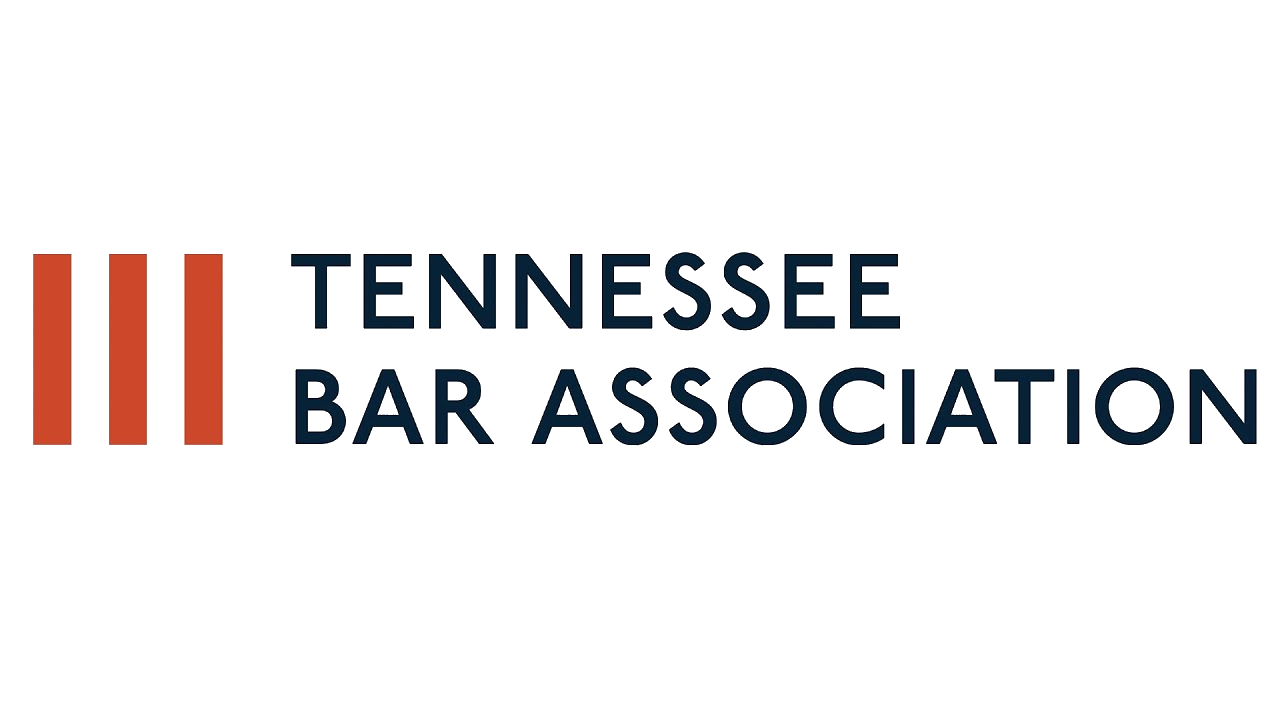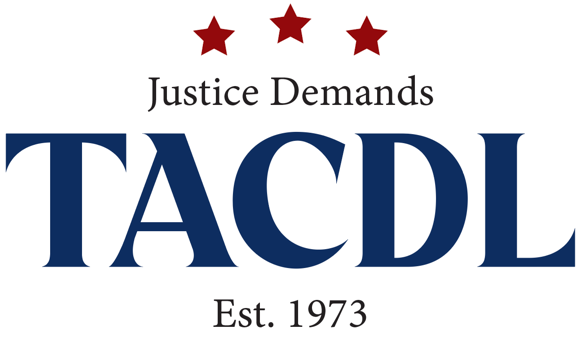Major Changes to DUI Refusal Penalties Take Effect January 1, 2026
UPDATE: This post has been fully revised to reflect the major changes to Tennessee’s Implied Consent Law (T.C.A. § 55-10-406 ) that take effect on January 1, 2026, including the new 18-month license suspension for a first refusal.
If you are stopped for suspected DUI in Tennessee, the consequences of refusing a chemical test are about to become a whole lot worse. Beginning January 1, 2026, Tennessee law will impose a mandatory 18-month driver’s license suspension for certain first-time test refusals, an increase from the current one-year penalty.
What Is Tennessee’s Implied Consent Law?
Tennessee’s implied consent law is based on a simple principle: by driving on Tennessee roads, you are deemed to have agreed to submit to a chemical test if you are lawfully arrested for DUI or involved in certain serious accidents. Chemical tests can include breath or blood, and — under the new law—saliva.
Refusing a chemical test is not a criminal charge, but it is a separate civil violation that carries serious administrative penalties, most notably the suspension of your driver’s license.
The New Penalty: 18-Month License Suspension for a First Refusal
The most significant change under the amended law is the increased suspension period for certain first-time refusals.
Summary of Penalties
- First refusal (no qualifying prior DUI within 10 years):
- Before Jan. 1, 2026: 1-year license suspension
- After Jan. 1, 2026: 18-month license suspension
- Second refusal: 2-year license suspension (unchanged)
- Third or subsequent refusal: 5-year license suspension (unchanged)
The new 18-month suspension applies when all of the following are true:
- You have no prior DUI, vehicular assault, or vehicular homicide conviction within the past 10 years;
- You are suspected of misdemeanor DUI; and
- You refuse a blood test that is requested.
In other words, a person can now lose their license for a year and a half simply for refusing to submit to a blood draw, even if he or she has never been in trouble with the law before.
This change reflects a broader push by Tennessee lawmakers to discourage test refusals and make it harder for drivers to avoid chemical testing.
Does the New Law Apply to My Case?
The 18-month license suspension applies only to refusals that occur on or after January 1, 2026.
If your DUI arrest or implied consent violation occurred before that date, the prior version of the law applies.
Because DUI and implied consent cases often involve overlapping timelines, delayed court proceedings, and administrative action by the Department of Safety, it is important to have an attorney review your specific facts before assuming which version of the law controls your case.
Refusal Is a Separate Violation—Even If Police Later Get a Warrant
The new version of the law also clarifies an important legal point: refusal itself is the violation,regardless of what happens later.
The new law also would still require a charge of implied consent violation against a driver who refused a chemical test even if, police obtain a blood sample with a search warrant or court order.
In other words:
- You may be facing an 18-month license suspension for refusal, and
- Still be prosecuted for DUI using evidence obtained through a warrant.
The refusal penalty does not get wiped out just because law enforcement finally gets a sample.
Should I Refuse a Chemical Test?
There is no one-size-fits-all answer.
Refusing a chemical test now carries a guaranteed and lengthy license suspension, even for first-time offenders. Submitting to testing, on the other hand, may produce evidence the State later uses in a DUI prosecution.
The right decision depends on many factors, including the type of test requested, the officer’s basis for the stop, whether law enforcement can obtain a warrant, and the specific circumstances of the encounter.
What is clear under the new law is that refusal is no longer the “safe” option many drivers once believed it to be.
Implied Consent Is Separate From the DUI Case
An implied consent violation is handled administratively, not criminally. This means that an implied consent violation, in and of itself, does not result in a criminal record like a DUI does. However, your license can be suspended even if:
- Your DUI charge is later reduced or dismissed; or
- You are never convicted of DUI.
The Addition of Oral Fluid Tests
The new legislation expands implied consent testing to include oral fluid (saliva) tests, which may be administered:
- With the operator’s consent;
- Pursuant to a search warrant;
- Incident to a lawful arrest for DUI, vehicular assault, or vehicular homicide; or
- Without consent if exigent circumstances exist.
If lawfully obtained, the results of an oral fluid test are admissible in court. This gives law enforcement another tool—particularly in suspected drug-related DUI cases—and raises new legal questions regarding testing procedures, training, and reliability.
Possible Defenses to an Implied Consent Charge
Depending on the facts, potential defenses may include:
- Lack of Probable Cause: If the officer did not have a lawful basis to arrest you for DUI, the implied consent violation may be invalid.
- Improper Advisement: Officers must accurately inform drivers of the consequences of refusal to submit to chemical testing. Errors or omissions can undermine the suspension.
- Testing Challenges: New oral fluid testing introduces issues related to equipment accuracy, administration, and officer training.
Every case is fact-specific, and early review matters.
What You Should Do Now
If you are facing a DUI charge or an implied consent violation, it is critical to speak with an attorney who understands both the current law and what is coming next.
If you have been charged, contact criminal defense attorney Carla Grebert to discuss your case and your options for protecting your driving privileges.










